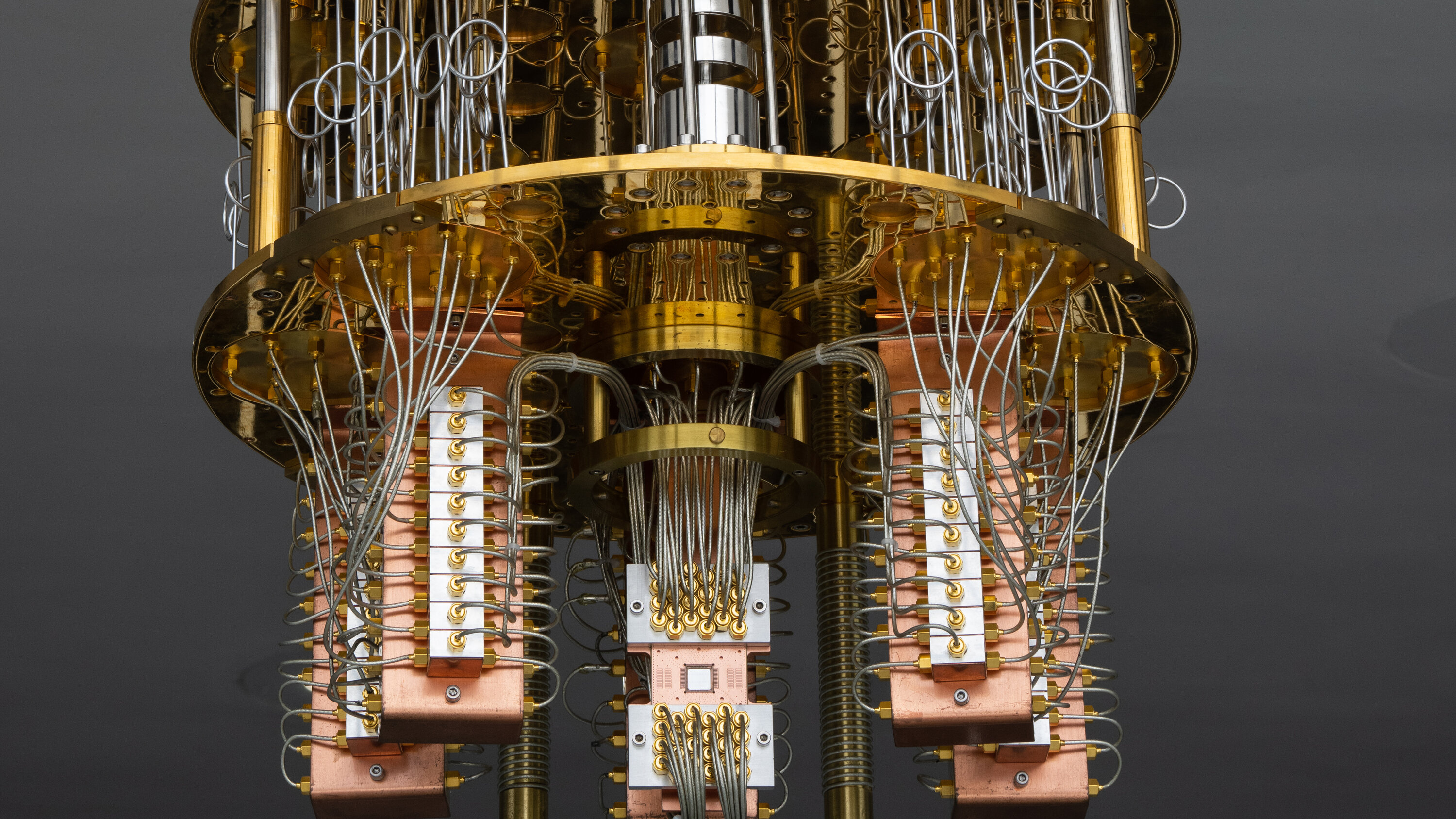
Is Quantum Computing Practical Yet?
The field of Quantum Computing is currently one of the most exciting areas of research. However, it is still in its experimental stages and there are some concerns about its practicality in the real world. Some people even believe that new technology is required to utilize these computers. Nonetheless, a group of IBM scientists took on the challenge to disprove these beliefs and push the boundaries of what is possible.
Before we move on with the post Can you please sign up for our newsletter? It’s totally cool if you don’t want to but it helps me a lot! Thanks!
What is quantum computing?
Before we get started, let’s make sure everyone’s on the same page. So what even is this “quantum computing” jargon? Well, you know how regular boring computers use bits? the “one”s and the “zero”s? quantum computers are too cool for that. They use quantum bits or qubits for short. Unlike normal bits that can only be one or a zero, qubits can exist in multiple states at the same time due to a principle called “superposition”, In other words, a qubit can be a one AND a zero.
What are the problems with quantum computing?
It’s not all sunshine and rainbows however, There are major engineering hurdles in the way of a usable quantum computer. Most notable, is the problem of noise. writing information in qubits is like writing something on a very thin piece of paper… in a thunderstorm. Qbits are susceptible to something called “decoherence” whereby any fluctuations in temperature or even electromagnetic waves (e.g. light or radio) will destroy the information stored in the Qbits.
How to address this issue?
Researchers use a plethora of methods to try and mitigate the effects of decoherence. One of the main methods is using a fault-tolerant approach which writes the information on several qubits redundantly and uses error correction algorithms to account for any decoherence in the information. this approach is like repeating yourself to the bartender when you’re in a club in hopes that enough context is conveyed for them to understand you need another shot.
In a recent study published in Nature, a team of IBM scientists managed to provide a novel way of limiting noise by using a specific way to set up the hardware. Although this was just a proof of concept, the results were still very promising. The team ran a benchmark on a classic system with 64 core processor and 128 gigs of memory (in case you’re not well versed in computer technobabble, this is a VERY powerful computer) and the quantum system they designed. On the classical computer, the benchmark took 8 hours to solve the equation, and only 4 hours on the quantum computer. Despite cutting the processing time in half, this is far from the theoretical 5 minutes and 7 seconds that this system could achieve with error mitigation systems in place.
Why is this important?
Although the study shows promising results, we should not forget that this is just a proof of concept. This sets up a foundation for other scientists to build upon. Quantum computing is a fascinating frontier of science but it’s far from perfect, however with this recent advancement it seems we don’t need perfect error mitigation or noise insolation to be able to tap into the potential that this technology provides.
Bottom line
No. Quantum computing is not currently viable. That being said, every day we are inching towards using this magnificent technology to its fullest potential. a recent study by IBM scientists showcased perfectly that even though we are far from a practical quantum computer -at least the way classic computers are- for some situations qubits can beat their binary counterparts even with today’s technology. Quantum computing is still a very young branch of science and, given enough time, it has the potential to revolutionize our lifestyles in some shape or form.
